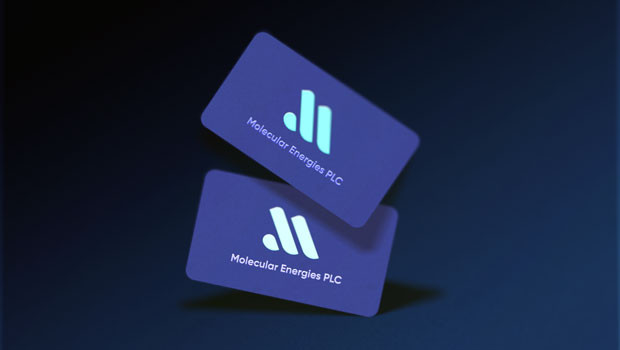Molecular Energies forms hydrogen dual fuel joint venture

Molecular Energies
7.00p
16:49 26/04/24
Molecular Energies announced the formation of a joint venture called ‘Dual Fuel Limited’ on Thursday, for its Green House Capital division.
FTSE AIM All-Share
717.40
13:14 24/12/24
Oil & Gas Producers
7,727.62
12:54 24/12/24
The AIM-traded firm said Dual Fuel Limited (DFL) was incorporated to provide an engineering-to-implementation solution for the conversion of commercial diesel engines to run on a diesel and hydrogen mix.
It said DFL was a joint venture between its Green House Capital division and G-volution, which it described as a “leading” UK dual fuel technology business.
DFL's objective would be to provide engineering solutions using G-volution's contribution to the joint venture of its proprietary technology to “quickly and cost effectively” convert existing commercial road and off-road vehicles, as well as barge transport, to run on a mix of diesel and green hydrogen.
Molecular Energies said DFL was aiming to have its first prototype converted to dual fuel vehicles running in the field by the end of the year.
The initial lead market would be Paraguay, due to a “favourable” strategic and commercial environment as well as the availability of green hydrogen fuel for mobility from Atome Energy - a company in which Molecular Energies is one of the largest shareholders.
It said the objective, after proof-of-concept, would be to roll out conversion solutions to end users within the Mercosur trading bloc and worldwide, married with the availability of hydrogen from third-party producers.
DFL was intending to provide a solution to commercial users who recognise the need to demonstrate their commitment to reduce emissions without having to replace existing vehicle fleets or barges, thus obviating the time-consuming requirement to expend “significant monies” for new commercial hydrogen fuel cell or battery electric vehicles with hydrogen range extenders.
“Hydrogen for heavy commercial transport is an essential component in the decarbonisation of heavy transport where current electric vehicles are not appropriate for heavy loads and distances,” said chairman Peter Levine.
“The cost of electricity can be high and charging points are at a premium for long distance travel outside of urban and built-up environments.
“Moreover, the roll-out of hydrogen for heavy commercial transport users is being impacted not only due to the availability of green hydrogen but also by the high cost of either hydrogen direct powered vehicles or hybrid electro-hydrogen alternatives.”
Levine explained that dual fuel aimed to provide a “quick and cost-effective solution” to users across the spectrum, who were wanting to make a contribution to reducing emissions while keeping existing vehicles on the road.
“In parallel, in the event that Dual Fuel successfully achieves its objectives, this will prove to be positive and complementary to Atome Energy in its mission of expanding the market and offering for its mobility division.”
At 1409 GMT, shares in Molecular Energies were up 4.14% at 145.8p.
Reporting by Josh White for Sharecast.com.